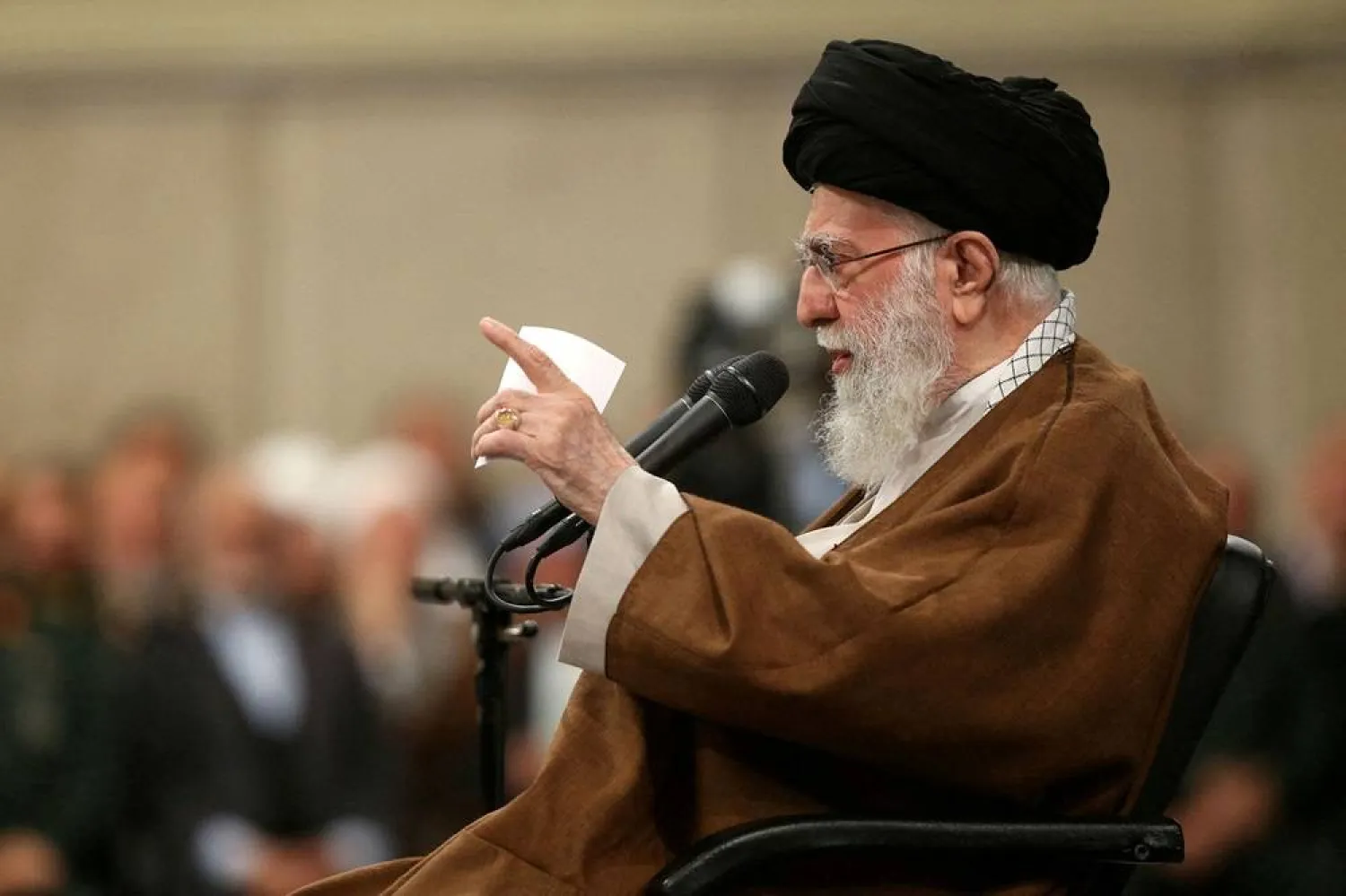Kamal Kharrazi, an adviser to Iran's supreme leader, said on Friday that Tehran is likely to increase the range of its ballistic missiles and possibly review its nuclear doctrine, amid growing tensions with arch-enemy Israel and tit-for-tat missile and airstrikes.
Asked by Lebanon-based pro-Iran broadcaster Al-Mayadeen whether Iran was ready if conflict were to expand after the recent strikes, Kharrazi said Iran was likely to up the range of its ballistic missiles beyond a self-imposed limit of 2,000 km (1,250 miles).
He said that although Iran has the technical capability to produce nuclear weapons, it is currently held back by a fatwa, or religious decree, issued in the early 2000s by Supreme Leader Ali Khamenei.
Khamenei, who has the last say on Tehran’s nuclear program, banned the development of nuclear weapons in that fatwa.
Tehran has long denied that it is trying to build nuclear weapons and insists its nuclear work is solely for peaceful purposes.
Iranian officials have said Tehran has no need to increase the range of its ballistic missiles beyond 2,000 km as they could already reach US forces stationed in the region.
Kharrazi said Iran would respond to Israel at a time and in a manner of its choosing in retaliation for Israel's airstrikes near Tehran and other areas last week that followed an Iranian missile barrage on Oct. 1.









